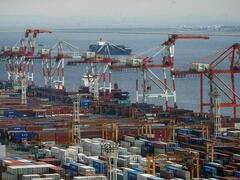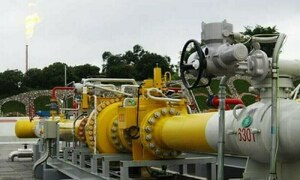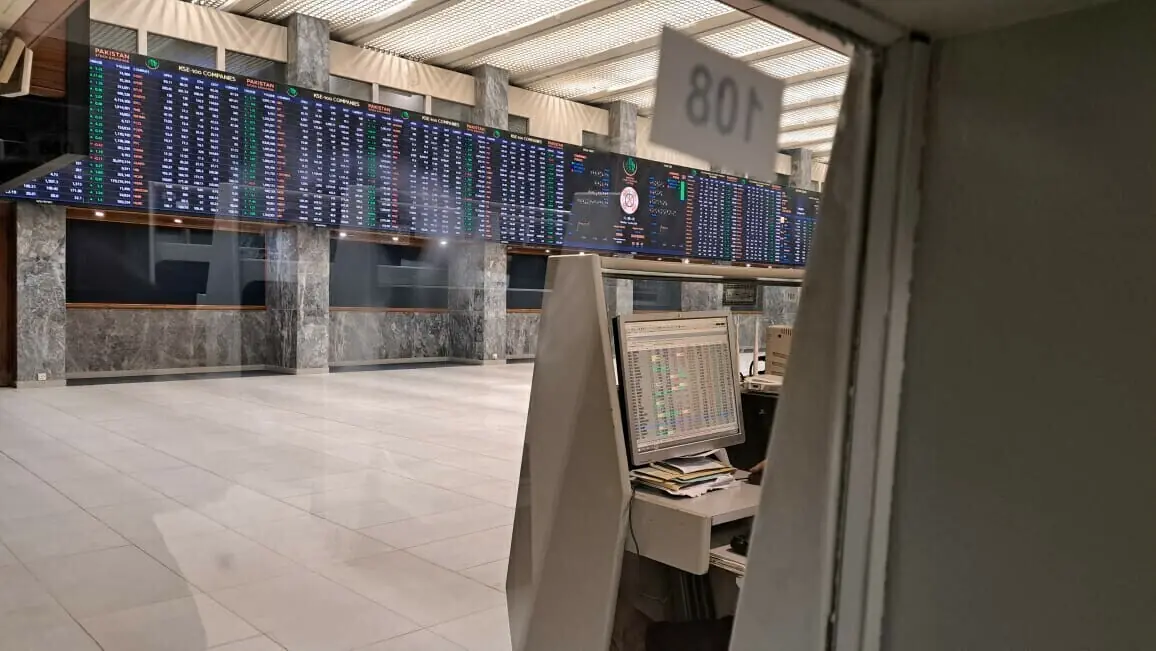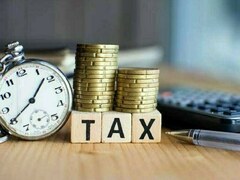Investors are taking stock market forecasts sent out by analysts at the end of the year with a pinch of salt after annual predictions fell wide of the mark for best part of 15 years. The median year-end forecast for Britain's FTSE 100 index has on average been 8 percent higher than the market's actual close since 1997 and for Germany's DAX it has been 12 percent higher, a study of Reuters survey results showed.
Survey respondents generally assumed that prevailing market conditions would persist and missed the bursting of the dot-com bubble, the 2008 financial crisis and took too rosy a view for 2014. They also underestimated the rebounds from central bank liquidity injections in 2012-2013, which have blurred economic analysis, making life harder for forecasters.
"By and large I just take them (the forecasts) with a pinch of salt," Lorne Baring, managing director at wealth management firm B Capital, said. "It's all about what (European Central Bank President Mario) Draghi says at its next meeting." Since the introduction of these stimulus policies, the stock market's direction has been determined less by economic trends and the health of the corporate sector and more by hard-to-predict policy decisions, such as whether and when Draghi will announce plans to buy corporate bonds to spur inflation.
However, despite the unreliable pattern, many fund managers are still keen to have the forecasts and use them as a gauge of market sentiment and investor positioning, rather than a prediction of future market direction. "Forecasts are a snapshot of the current situation," Patrick Moonen, senior strategist at ING Investment Management, said. "That's an input (in our investment decisions) but that's more to do with positioning than our view of how the market will perform."
Analysts themselves acknowledge that guessing where a given index will end the year is hard and their outlooks should rather be treated as an estimate of the value of the index on the basis on current economic assumptions. "Our target reflects what we believe is the fair value of the market, based on the assumptions that form our macro base case," Emmanuel Cau, a strategist at J.P. Morgan Chase said.
This time last year, analysts were expecting a good 12 months for shares in the euro zone and its periphery, which had been rallying since the ECB's 2012 pledge to save the euro. But all major indexes are below their year-end targets with less than a month to go.
Even after a sharp rebound in the past 1-1/2 month, Britain's FTSE 100, which was seen rising 5 percent, is down nearly 3 percent, the Euro STOXX 50 is still 3 percent away from its year-end target and Italy's FTSE MIB, which was forecast to rise 19 percent, is up just 3 percent. The shortfall is biggest where opinions were most in positive agreement. Of the 13 analysts and money managers polled by Reuters a year ago, only one expected the FTSE MIB to end 2014 below 20,000 and most saw the index comfortably above 21,000. It is trading at around 19,500.
Very strong consensus on a particular move is taken to suggest a large amount of money has been wagered on that trade and the market's reaction to any disappointment is likely to be sharp as many investors sell. "If you understand where the consensus is, at least you know where you shouldn't be invested," Michele Gesualdi, a portfolio manager at Kairos Investment Management, said.
BR100
15,048
Decreased By
-10.6 (-0.07%)
BR30
43,240
Increased By
309.1 (0.72%)
KSE100
148,435
Decreased By
-380.2 (-0.26%)
KSE30
45,069
Decreased By
-137.2 (-0.3%)




















Comments
Comments are closed.